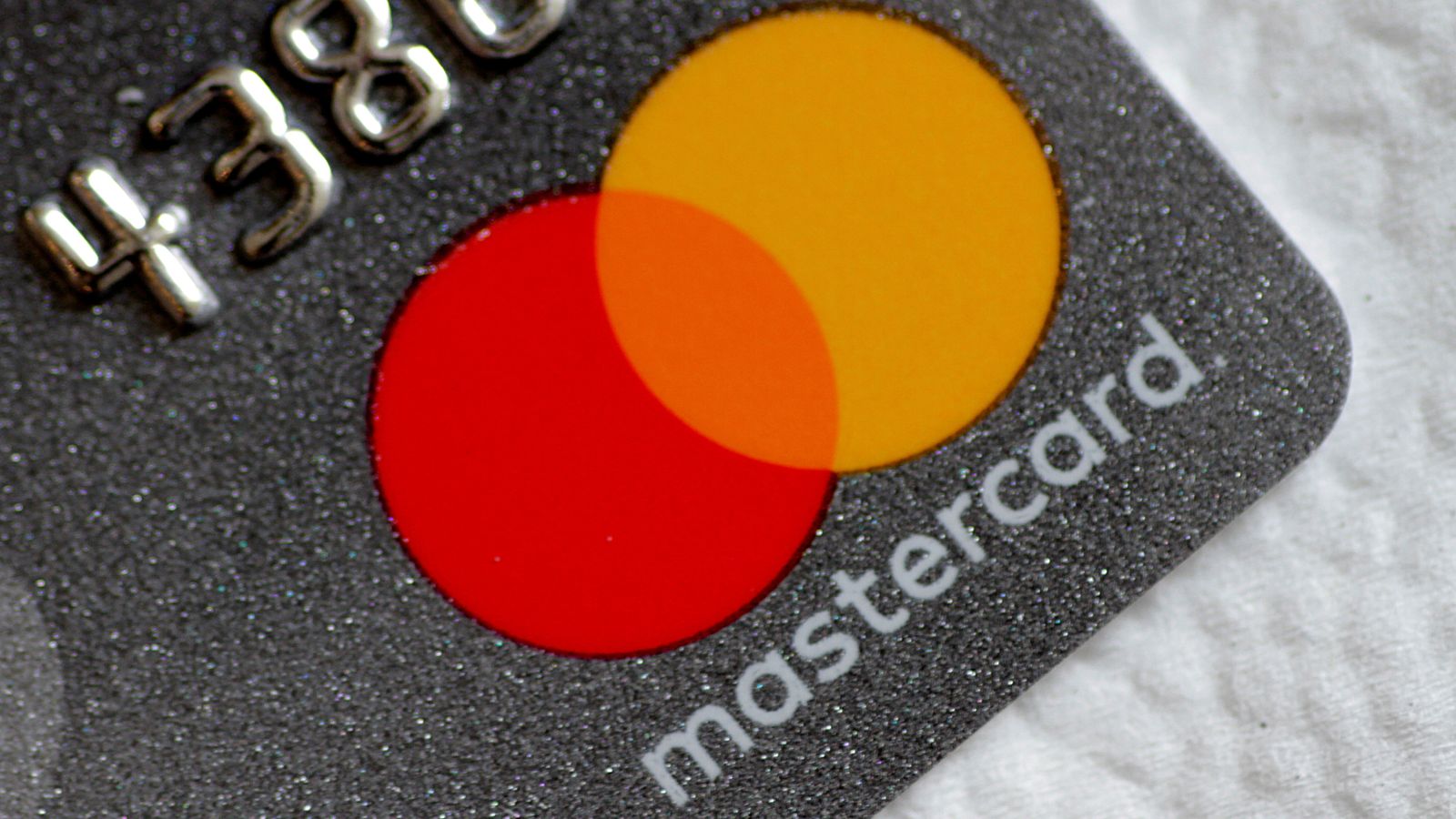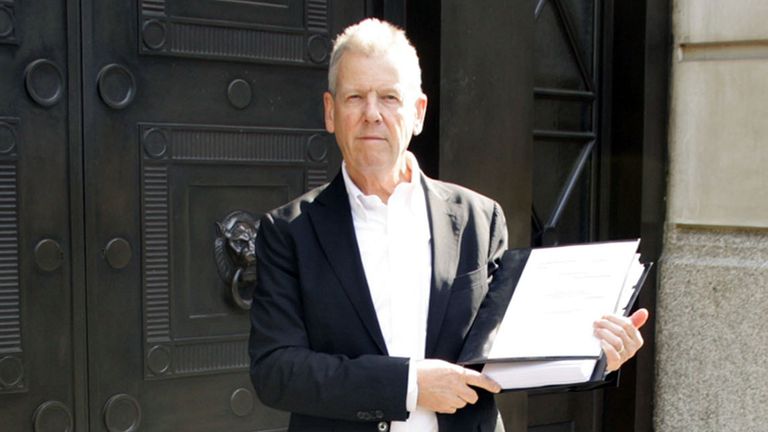A £14bn damages claim on behalf of tens of millions of British consumers can proceed against Mastercard following a landmark ruling by the UK’s highest court.
If the mass action brought by former financial ombudsman Walter Merricks is successful, it could see more than 46 million people pocket £300 each.
Mr Merricks alleges the card giant’s breaches of competition law, found by the European Commission in 2007, have led to people paying higher prices on goods from businesses that accepted Mastercard.
His case was thrown out in July 2017 by a specialist tribunal, which ruled the claim was “not suitable to be brought in collective proceedings”.
But it was revived by a Court of Appeal judgment in April last year, in which senior judges found that the Competition Appeal Tribunal (CAT) had applied the wrong legal test in deciding whether to give the claim the go-ahead.
Mastercard challenged that ruling at a Supreme Court hearing in May, but its appeal was rejected by a panel of five justices on Friday.
They backed the Court of Appeal’s conclusion that the CAT’s decision was “undermined by an error of law” and have sent Mr Merricks’ proposed claim back to the CAT to be reconsidered in light of their ruling.
In a statement after the ruling, Mr Merricks said: “I am particularly pleased that the Supreme Court has recognised Parliament’s aim in providing for collective claims where companies have broken competition laws and have caused loss to consumers or small businesses.
“Enforcement of fair competition laws is vital for this country’s market economy and companies who break these laws can now expect not only to be fined by the regulator, but to face much bigger bills in redress claims from those they damaged.”
Boris Bronfentrinker, partner at law firm Quinn Emanuel Urquhart & Sullivan, who represented Mr Merricks, said: “The Supreme Court has recognised the need for mass consumer collective actions to be pursued.
“Mastercard has acted in an anti-competitive manner, that has been definitely determined by the European Court of Justice.
“The Supreme Court has now affirmed the decision of the Court of Appeal that this is a claim that needs to have its day in court to decide the full extent of harm Mastercard has caused to UK consumers.”
He added: “This is a truly historic victory and the focus now moves to securing compensation for the 46 million UK consumers who lost out as a result of Mastercard’s illegal conduct.”
A Mastercard spokeswoman said: “We fundamentally disagree with this claim and know people have received valuable benefits from Mastercard’s payments technology.
“No UK consumers have asked for this claim. It is being driven by ‘hit and hope’ US lawyers, backed by organisations primarily focused on making money for themselves.
“Mastercard will be asking the CAT to avert the serious risk of the new collective action regime going down the wrong path with a case which is fundamentally flawed.”
The proposed claim follows the European Commission’s 2007 decision that Mastercard had breached competition law in relation to the setting of certain fees charged between banks over Mastercard transactions.
Mr Merricks’ claim, which seeks “an aggregate award of damages and interest totalling some £14.098 billion”, is one of the first mass consumer claims brought in the UK after the introduction of a class action regime in 2015.
The proposed action is an “opt-out” claim, which means potential claimants – anyone who was over the age of 16 and resident in the UK for at least three months between 1992 and 2008, and who made a purchase from a business that accepted Mastercard – are part of the action unless they specifically choose not to be.


